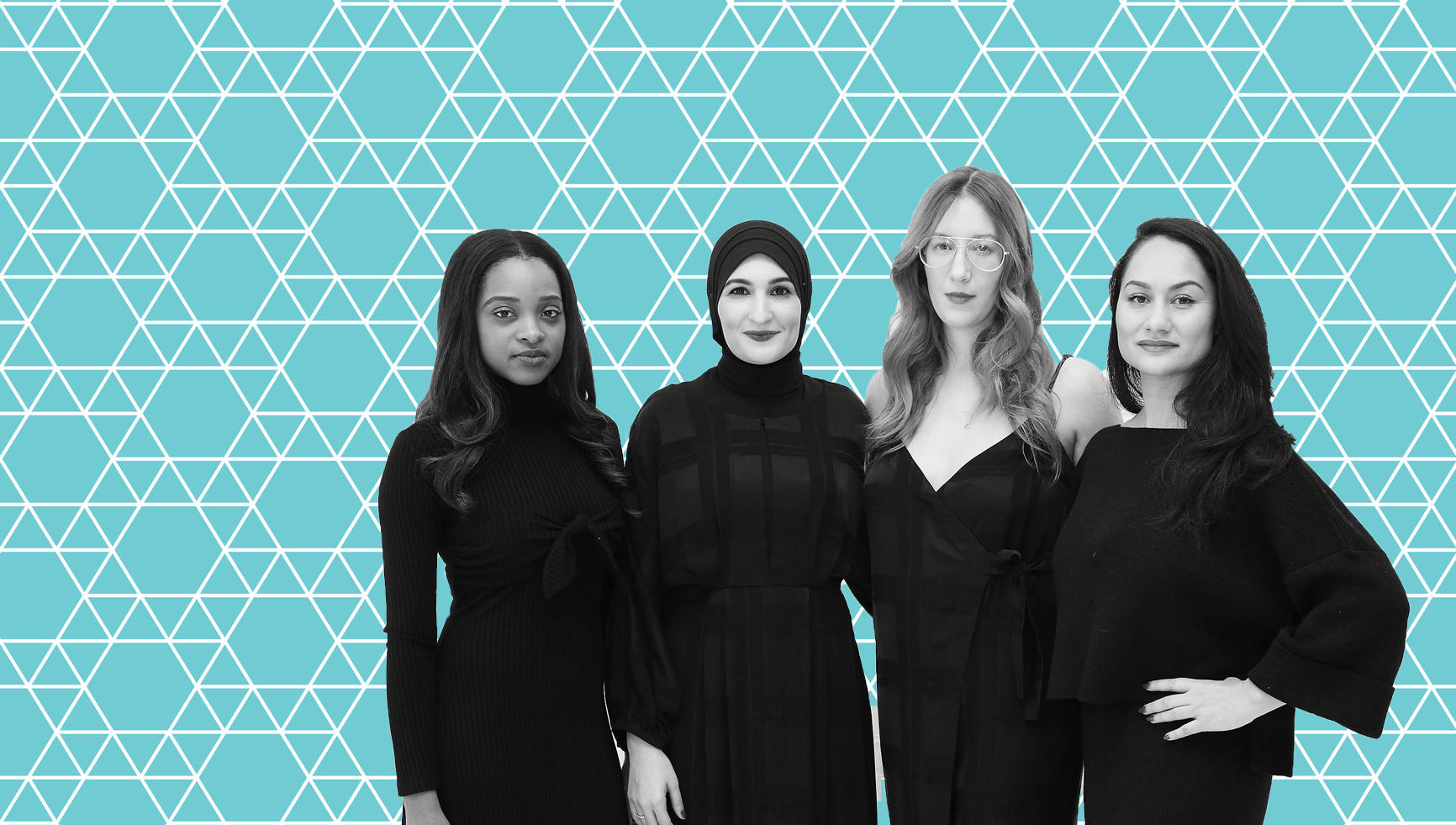Tamika Mallory, one of the leaders of the Women’s March, recently called the formation of Israel a human rights crime — not specific actions of the government, but simply the existence of Israel. This comes after a long pattern of anti-Semitism among Women’s March leaders. When confronted with the knowledge that their statements have made Jewish women uncomfortable in Women’s March spaces, Mallory and fellow leader Linda Sarsour have denied any responsibility. Sarsour claimed that discomfort isn’t their problem and if someone is uncomfortable, it’s her job to reflect on why. She implied that these “hurt feelings” were derailing to the progressive movement.
But intersectional feminism must include Jews — otherwise it simply isn’t intersectional. So when we’re uncomfortable in justice spaces, there needs to be a conversation.
What should those discussions look like, and what are actual steps people could take to address these issues?
Here’s a start:
1. Acknowledge Jewish women and the rise of anti-Semitism
As a liberal Jew, I struggle with advocacy against anti-Semitism in justice spaces. Until this recent election I often placed my Jewishness behind my activism for other causes. I didn’t want to make an issue of my heritage while fighting for criminal justice reform or immigrant rights.
More and more I am being forced to place my Jewishness at the forefront of both my activism and my identity. Anti-Semitic sentiments are increasing in both the United States and abroad. White Supremacists carry confederate flags and swastikas. Republicans are running for office on platforms of anti-Semitism and Nazism. According to the ADL, anti-Semitic incidents went up 67% in 2017.
Yet any mentions of Judaism or anti-Semitism were notably left out of the Women’s March Unity Principles.
ACTION ITEM: Address fighting anti-Semitism in the Unity Principles, and in conversations about activism in general.
2. Jews =/= white
Sarsour has compared the hurt feelings of Jewish women to the hurt feelings of white people in anti-racism spaces rather than acknowledging that Jews have their own history of oppression. Although I have white skin, and therefore white privilege, I am not considered white by many in this country. I also was not raised as a fully accepted white American. Jewish children are raised with the knowledge of exclusion and oppression. Too often Jews of color are left out of these discussions. Not all Jews have white skin and many often face anti-Semitism and racism.
ACTION ITEM: Acknowledge the history of anti-Semitism in this country and around the world and be inclusive in your image of Jewish women.
3. Disavow Farrkahan
The most controversial situation occurred a few months ago when Mallory both praised Louis Farrakhan and attended a speech of his. Minister Louis Farrakhan has led the Nation of Islam since 1977. Farrakhan and the NOI advocate black nationalism and are present in many impoverished black communities. Unfortunately Farrakhan spouts extreme anti-Semitism, homophobia, and misogyny. Farrakhan calls Jews “satanic” and blames them for the Holocaust, the slave trade, Jim Crow, and 9/11.
In response to requests to condemn Farrakhan’s anti-Semitism, Sarsour and Mallory doubled down. In the wake of support for Farrakhan, Sarsour’s casual dismissal of a few people’s “hurt feelings” is troubling. Jews are often asked to disavow Israel’s prime minister Netanyahu without any public connections with him. Asking Women’s March leaders to not praise an openly misogynistic, anti-Semitic, homophobic man is not blaming them for his actions — it’s simply making it known that they don’t agree with him.
ACTION ITEM: Denounce leaders who are racist, anti-Semitic, homophobic, and misogynistic.
There you go — three easy things that can help Jews feel more safe in activist spaces. Not so hard, is it?



